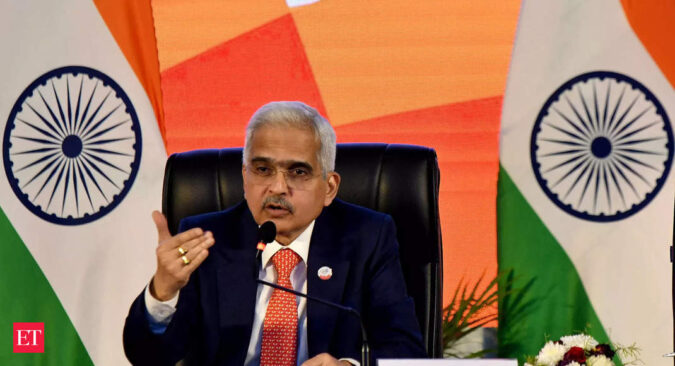These issues include recent incidents of stress in the banking sector in advance countries like US and Switzerland, financial risk from climate change and the need for climate finance, macro financial risk from crypto assets or currencies and managing risks from third party dependencies including big tech and fintech.
“Making non banking financial intermediaries more resilient, enhancing cross border payments, better reporting of cyber incidents and issues related to financial inclusion will also be among the points to be discussed. All these issues are part of priorities of the Indian presidency and they will be discussed in the G20 meeting which will just happen in the preceding days of the IMF spring meeting,” Das said in reply to a question post the release of the monetary policy.
The finance ministers and central bank governors meeting will be held on April 12 and April 13 in Washington preceding the International Monetary Funds (IMFs) spring meeting. Das said the discussions in the meeting of finance ministers and central bank governors will take into account the developments since the last meeting in Bangalore in December 2022.
“All these issues are part of priorities of the Indian presidency and they will be discussed in the G20 meeting which will just happen in the preceding days of the IMF spring meeting,” Das said.
India took over the G20 presidency from Indonesia on December 1 and will convene the annual G20 Leaders’ Summit later in 2023. G20, short form for Group of Twenty is an intergovernmental forum comprising 19 countries – Argentina, Australia, Brazil, Canada, China, France, Germany, India, Indonesia, Italy, Japan, Republic of Korea, Mexico, Russia, Saudi Arabia, South Africa, Turkey, United Kingdom and United States and the European Union.
It was founded in 1999 after the Asian financial crisis as a forum for the finance ministers and central bank governors to discuss global economic and financial issues. It was upgraded to the level of Heads of State/Government in the wake of the global economic and financial crisis of 2007, and, in 2009, was designated the “premier forum for international economic cooperation”. The G20 Summit is held annually, under the leadership of a rotating presidency. G20 members represent around 85% of the global GDP, over 75% of the global trade, and about two-thirds of the world population.
